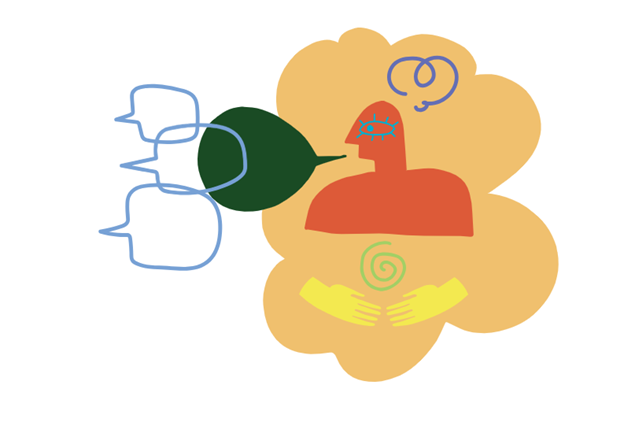What did we produce?
We produced a range of tools that are freely available for you to use. We would love to stay in touch to understand what impacts this work is having. If you would like to discuss any of this work further, please email f.lobban@lancaster.ac.uk
All of the study outputs were created as part of a co-design process with stakeholders across the project. The process is described in detail here:




